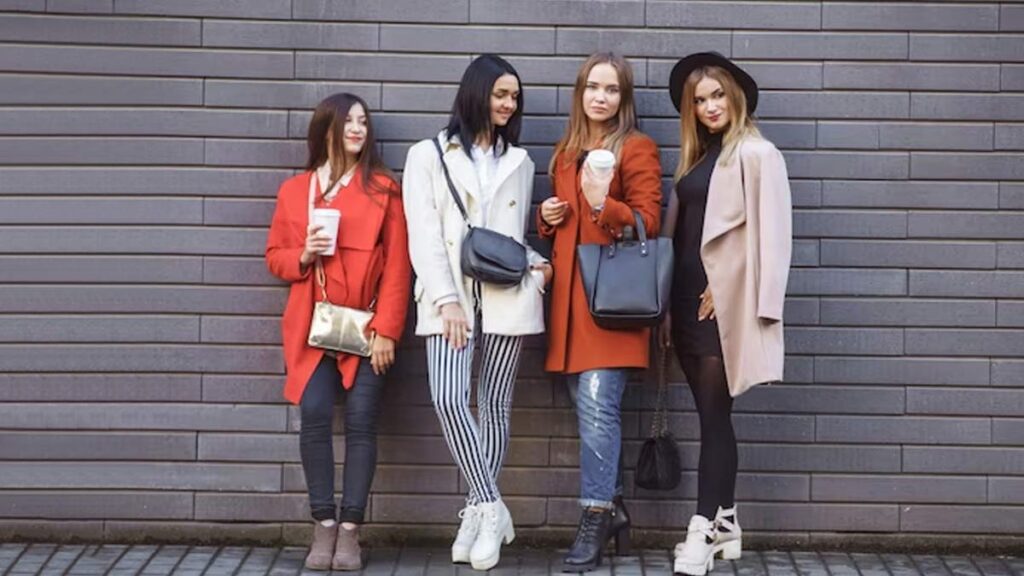In the past decade, Korean fashion often referred to as K-fashion has surged to global prominence, transforming from a niche cultural interest into a dominant force in the international style scene. Fueled by the global popularity of Korean pop music (K-pop), television dramas, and beauty standards, K-fashion now commands influence in trendsetting cities from Seoul to Paris and New York. What makes Korean fashion unique is its dynamic blend of contemporary streetwear, minimalistic elegance, and traditional influences, all harmonized in a way that speaks to the youth and fashion-forward consumers worldwide.
At the heart of K-fashion’s appeal is its ability to balance bold experimentation with effortless style. Korean designers and fashion enthusiasts are known for their fearless approach playing with proportions, layering, and color schemes that defy conventional fashion norms. Oversized blazers paired with tennis skirts, chunky sneakers matched with delicate fabrics, and gender-fluid silhouettes are just some of the signatures that define Korean street style. These combinations speak to a broader cultural ethos in Korea: one that values individuality, expression, and innovation.
Social media platforms, particularly Instagram and TikTok, have played a pivotal role in spreading Korean fashion globally. Influencers and fashion bloggers based in Seoul frequently set trends that are quickly replicated by fans and followers around the world. Korean celebrities and idols are also central to this movement, often acting as unofficial ambassadors of K-fashion. What they wear in music videos, variety shows, or airport appearances quickly becomes must-have fashion for global audiences.
Another striking aspect of K-fashion is its seamless integration of tradition into modern wardrobes. Garments inspired by the hanbok the traditional Korean attire have been reimagined in modern fabrics and silhouettes, making them accessible and wearable in everyday contexts. This creative fusion preserves cultural identity while embracing modern aesthetics, resonating with both local and international audiences.
Furthermore, Korean fashion brands have increasingly emphasized quality, innovation, and sustainability. Many emerging designers focus on limited-edition collections, upcycled materials, and ethical manufacturing practices. This aligns well with the growing global demand for conscious fashion, positioning Korea not just as a trend hub but also as a leader in sustainable style.
Ultimately, Korean fashion’s global rise is more than just a fleeting trend. It reflects a shift in cultural power and creative innovation that extends beyond the runway. As more consumers embrace the individuality, playfulness, and refinement that K-fashion offers, it continues to redefine what it means to be stylish in a connected, fast-evolving world.

